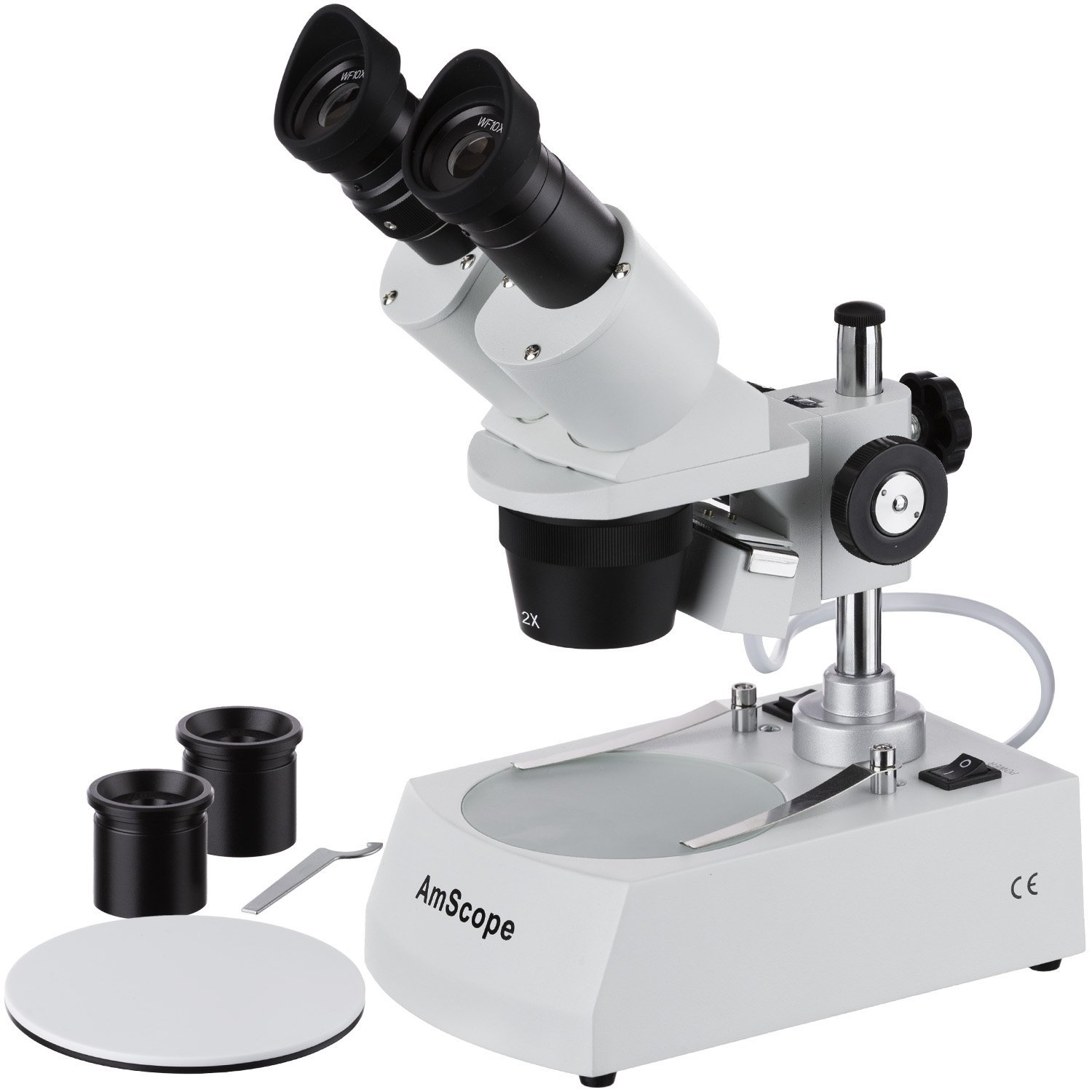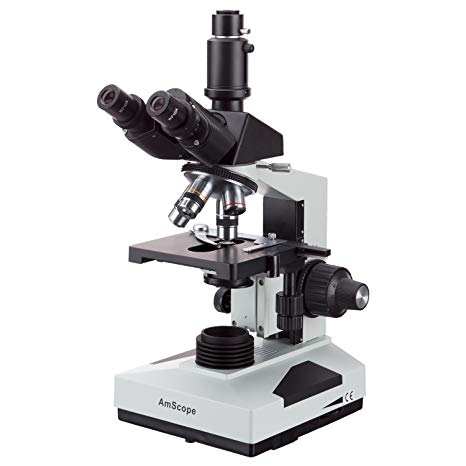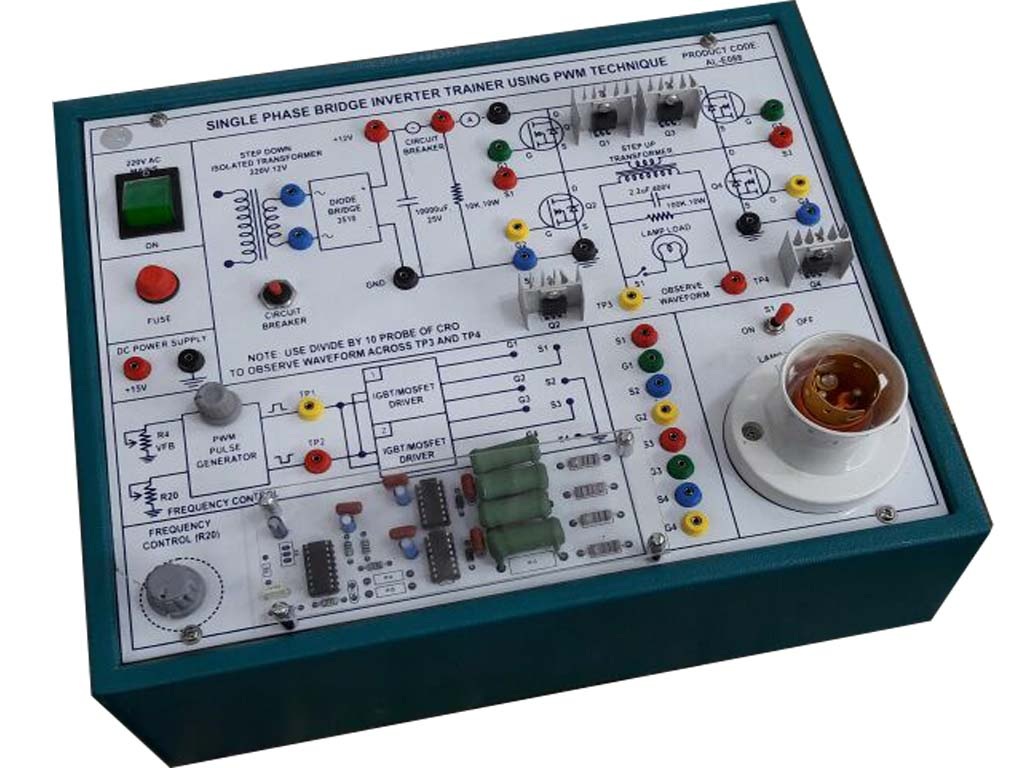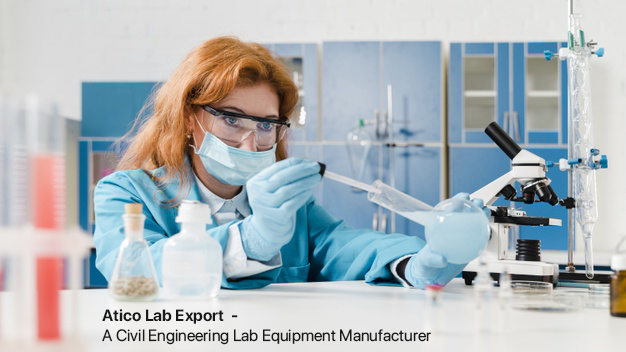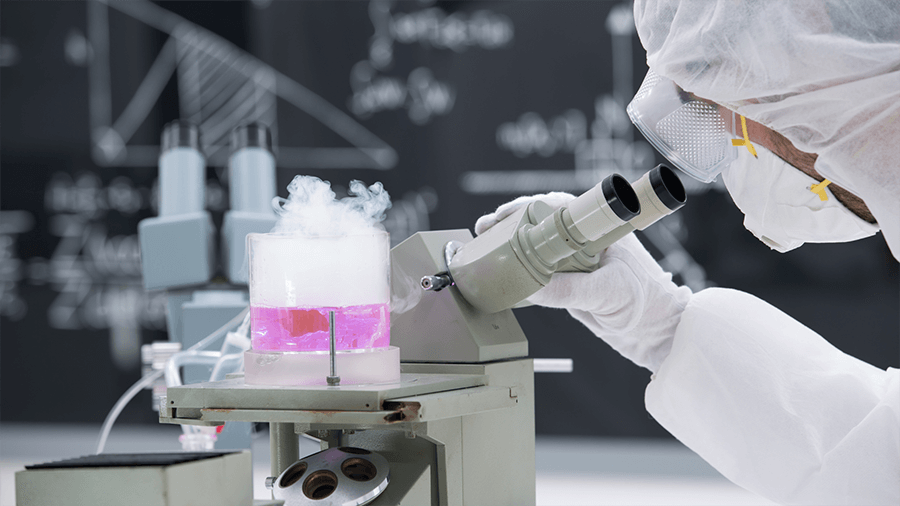
- Admin
- 0 Comments
Scientific lab equipment manufacturing and sales are a rapidly increasing industry nowadays. Increased awareness of health issues, increased demand for practical education, an increase in the number of lifestyle disorders, and the growth of the health, education, and rising laboratory requirements and research industries are driving the market for scientific lab equipment manufacturers in India.
A science laboratory is a place where we can experiment with scientific education in a hands-on setting. And it is the high-quality scientific lab equipment that allows this voyage to take place. As a result, high-quality and precise equipment are required to understand practical training better. Even in the primary classes, the first thing that we teach students is to get familiarized with "science lab equipment names and pictures."
Where, on the other hand, can you obtain a science lab equipment list for school? If you don't know the answer, that's fine. Because that's what we'll be discussing today, but first, let's go over the fundamentals.
What is Science?
In today's world, Science may be found almost anywhere. It is impossible for us to conceive existence without it. Science is the systematic observation and experimentation of the structure and behavior of the physical and natural world.
Science is a term we use to describe a technique for controlling our curiosity. Have you given it any thought? How many things on this world are yet to be found, or how many pathways have yet to be traveled? The world is full of amazing things, and Science can explain everything that appears weird to you. Natural Science, Social Science, and formal Science are the three streams of Science.
Natural Science is broken further into three categories:
Biology: Biology is a discipline of science concerned with the study of living organisms and their interactions with their environment. It explains how living things function and how their actions have an impact on both living and non-living things. Cell theory, gene theory, homeostasis, and evolution are the four basic principles of biology.
Chemistry: Chemistry is the scientific study of matter, states of value, and traits, and it is found at the intersection of Physics and Biology. It explains how atoms join to produce elements, as well as how molecules and compounds are formed.
Physics: The structure of matter and how it interacts with the fundamental particles that make up the visible cosmos is explained by physics. To put it another way, physics is the science that investigates all aspects of nature at both the micro and macro scales. The nature and formation of gravitational force fields and the behavior of items when subjected to specific forces are among its research interests.
In addition, social Science is separated into three streams:
Economics: The study of how humans interact with value, specifically how products and services are produced, distributed, and consumed.
Psychology: This subject is concerned with the mind and behavior. It also deals with feelings and thoughts, both conscious and unconscious.
Sociology: It is focused on social science issues such as society, human social behavior, social interaction patterns, and cultural aspects of daily life.
Formal Science is also divided into three categories:
Logic: Good inference rules are the foundation of logic. To put it another way, when one statement is accepted because it resembles others.
Mathematics: Quantity, algebra, analysis, geometry, and other topics are covered in mathematics. Mathematics is, in a word, a game of numbers.
Theoretical Computer Science: It is an area of computer science and mathematics concerned with mathematical issues such as lambda calculus, computation theory, and type theory.
Why is Science important?
Nothing is beyond Science, and Science has the answer to every question, as previously stated. In other words, if Science didn't exist, we'd still be living in caves and roaming around in leaves all day. Science's knowledge is what has made everything that exists today possible.
Fundamental Scientific Lab Equipment List for School
It all starts with a simple lab experiment, no matter how large-scale inventions Science has produced. As a result, laboratory equipment for scientific research is as vital as Science itself. The following is some fundamental science lab equipment names and pictures:

Hot plate: A hot plate is used in a biology lab to heat objects such as glassware and their contents. Several scientific lab equipment manufacturers sell this device with a magnetic stirrer, which allows heated liquid to be swirled automatically. The heat exchange rate and the temperature of the object are both reduced as a result of the stirring action.

Conical flask: A titration flask, often known as an Erlenmeyer flask, is a form of the conical flask. It features a flat bottom and a conical body. In 1860, a German scientist named Emil Erlenmeyer devised it. The fundamental difference between a conical flask and a beaker is the conical flask's tiny neck and tapered body. An Erlenmeyer flask has a large base, tapering sides, and a short vertical channel.

Weighing bottles: Weighing bottles are scientific devices that are used to weigh objects precisely. The majority of the bottles are made of thin, delicate glass. Ceramics and polymers, on the other hand, can be employed. A weighing bottle can take many different forms, including a flat glass dish, a flatboat dish, a tall-shaped dish, and so on.

Pipette: This laboratory apparatus is used to measure and transfer a little volume of liquid (milliliters or microliters). It's used to figure out how much a solution weighs. Volumetric, bulb, and belly pipettes are among the pipettes available from scientific lab equipment suppliers.

Beakers: Beakers are a regular sight in a chemistry lab. Their glass bottom surface is flat and smooth. They are required to keep a chemical liquid or solid sample. No laboratory glassware list is complete without a beaker.

Weighing machine: To determine the mass of any substance, electric weighing equipment is utilized. Its advantage over a traditional balance is that it measures the mass of the substance accurately and rapidly.

Bunsen burner: In scientific laboratories, a Bunsen burner is utilized as a heat source. A blue flame is created when oxygen and gas react together. By controlling the valve, we can maintain the flow of gas.

Microscope: It's an essential component of scientific lab equipment. The microscope is used to look at microscopic particles that are not visible to the naked eye. To see tiny objects, natural light and a variety of magnifying lenses are used.
Above were some essential science lab equipment names and pictures. If you've read this far, you're definitely looking for India's best and most reputable scientific lab equipment manufacturer. ATICO lab export is a globally recognized and trustworthy manufacturer and exporter of science lab equipment.
ATICO Lab Export: In 1954, ATICO lab export was founded. Because of its more than 65 years of expertise, it has a solid reputation in the market. This ISO-certified company designs and manufactures laboratory equipment for educational, scientific, technical, and engineering applications all over the world. The company's essential beliefs have aided in the development of a loyal customer base. When it comes to supplying precise and high-quality equipment to their customers, they have set a high bar for themselves.


